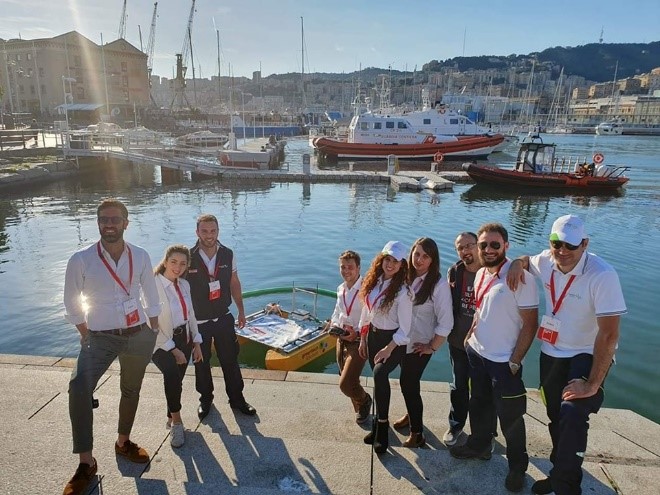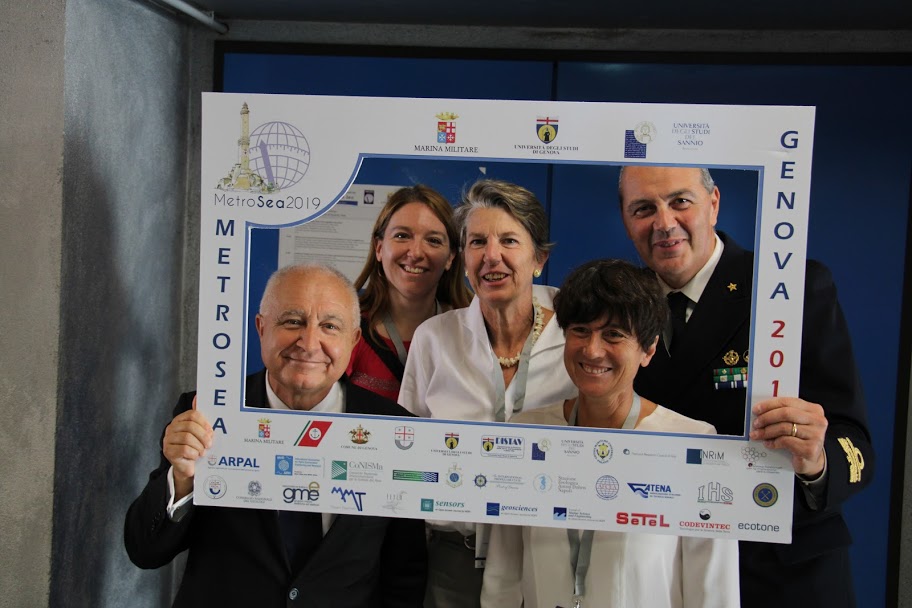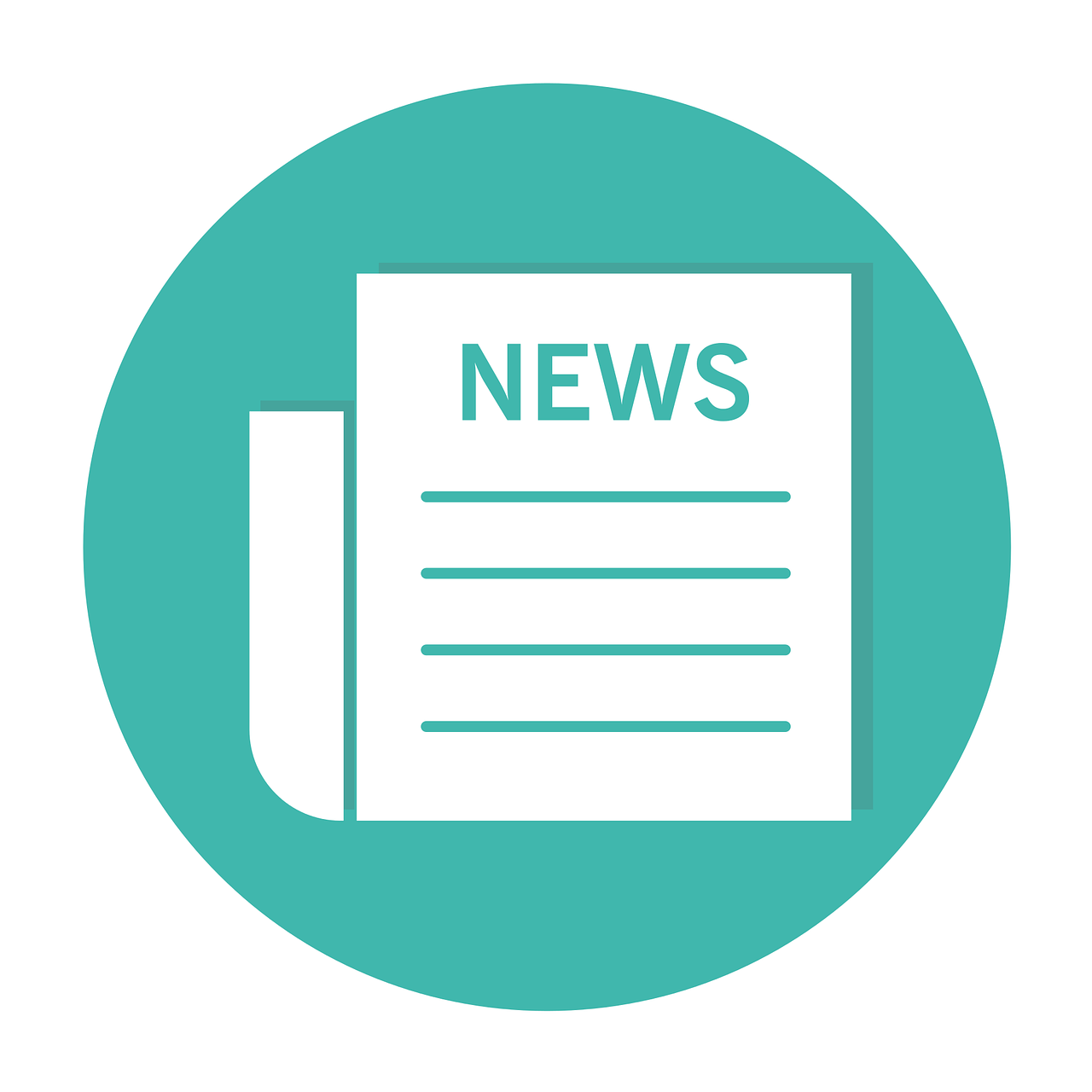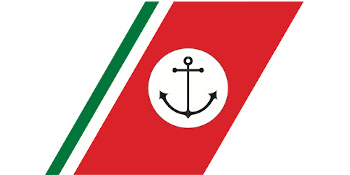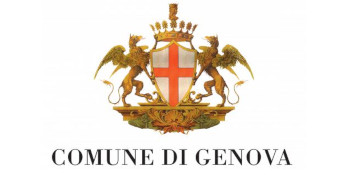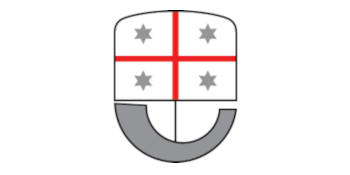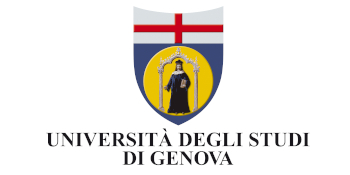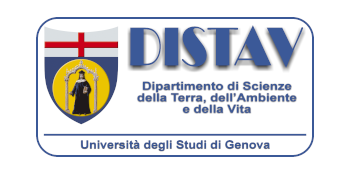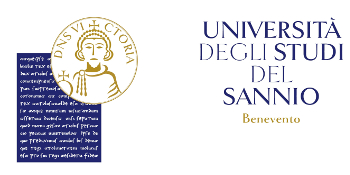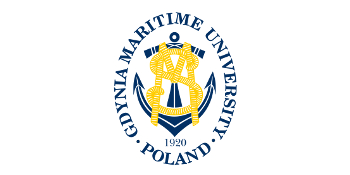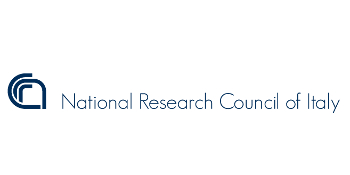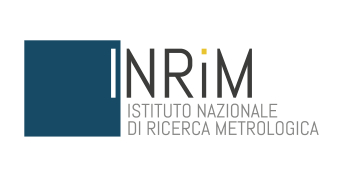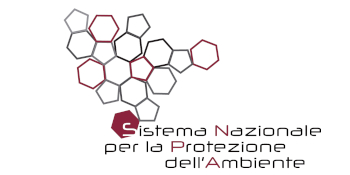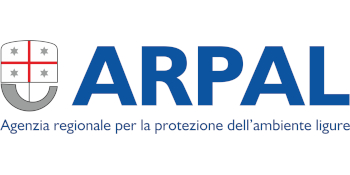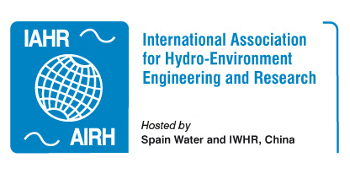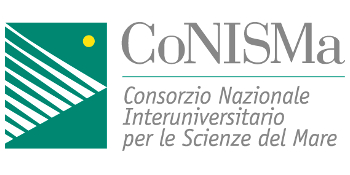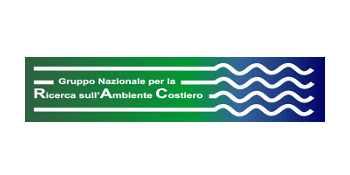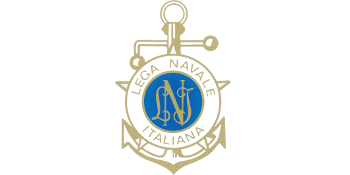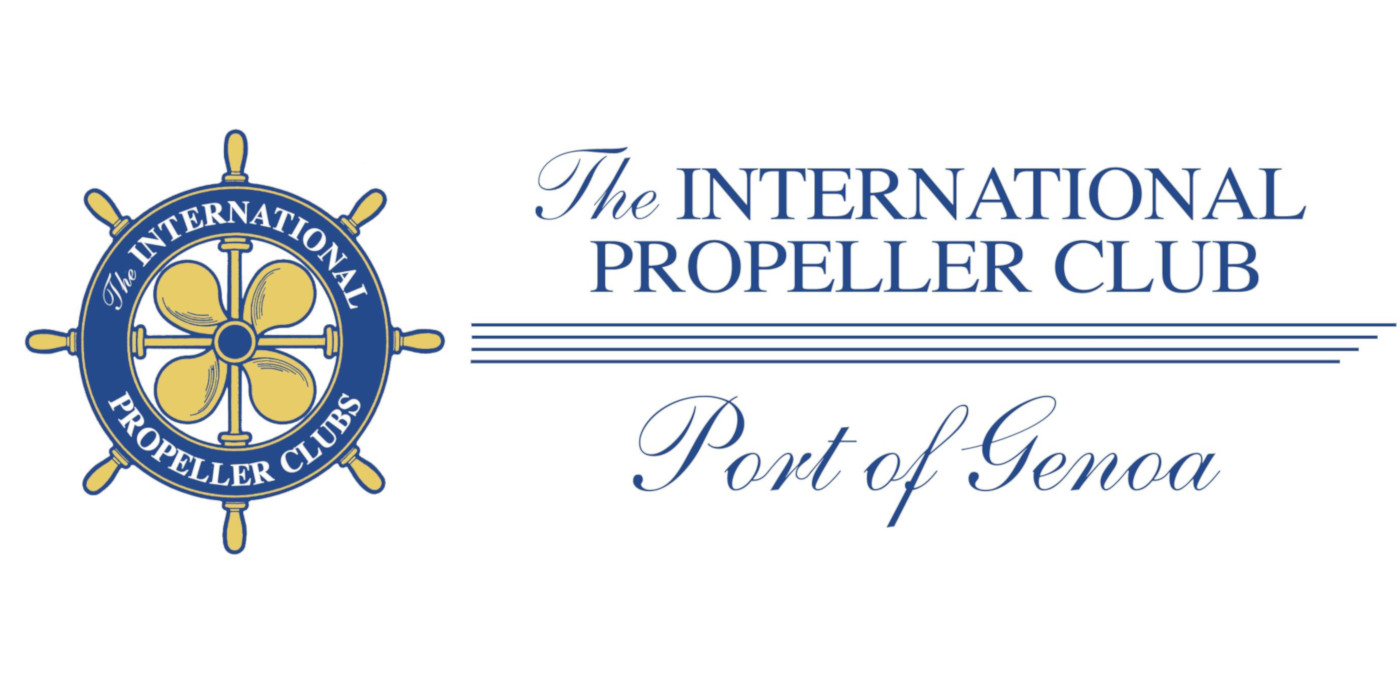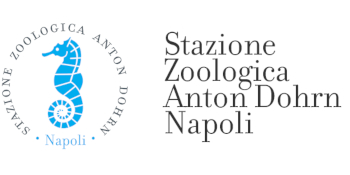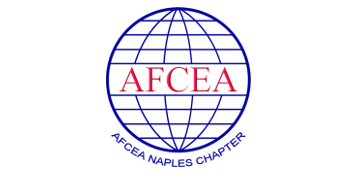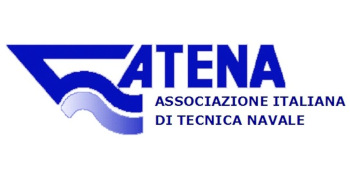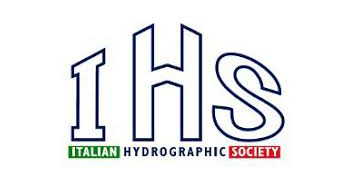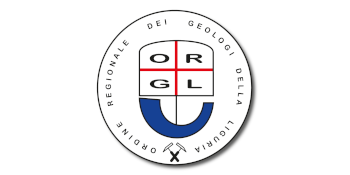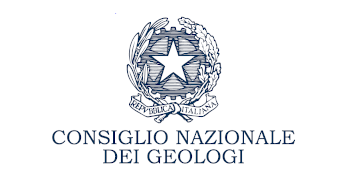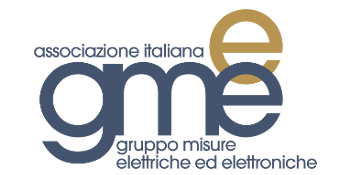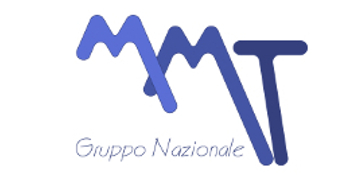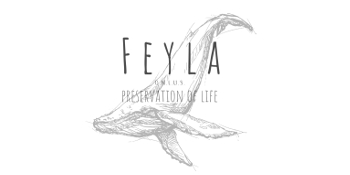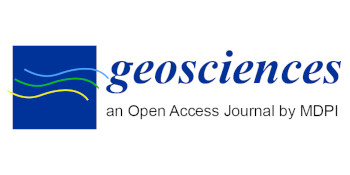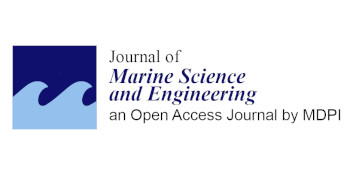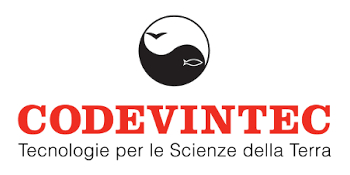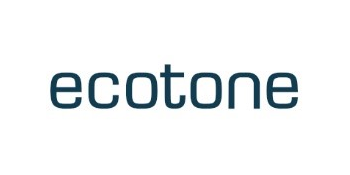SESSION 1
UNCERTAINTY EVALUTION BASED ON MEASUREMENT MODELLING
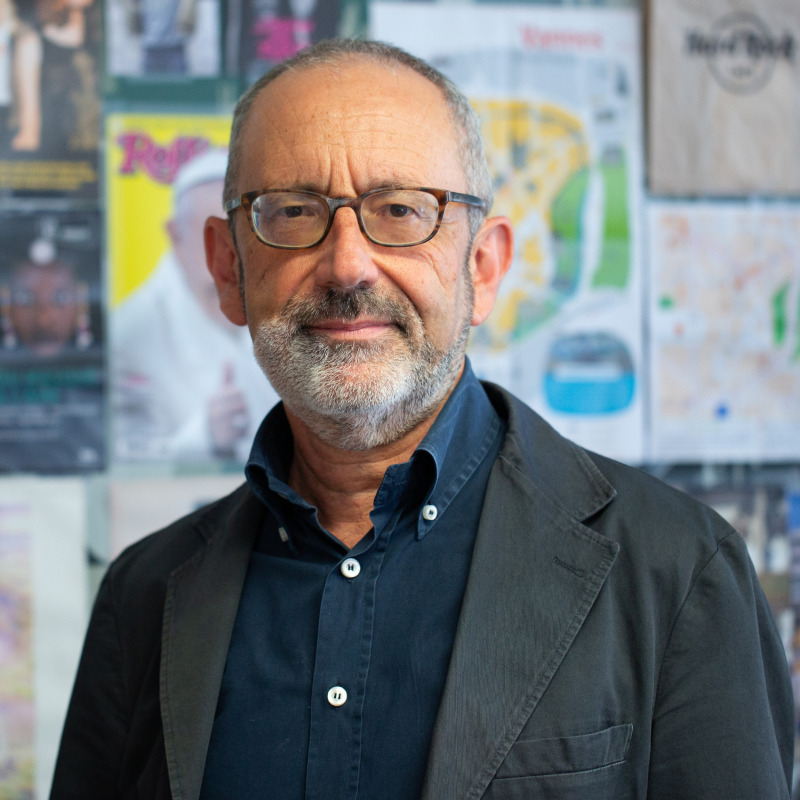
Giovanni Battista Rossi
University of Genoa, Italy
ABSTRACT
Uncertainty evaluation is a major task for quality assured measurement. A systematic approach to such an evaluation, based on measurement modelling, is presented. Three main architectures for practical measurements – the device, the measuring chain and the multichannel measurement system – are considered and a general model expressed by block diagrams is developed, where uncertainty sources are represented by probabilistic variables. The solution of the uncertainty evaluation problem naturally outcomes by solving such a model in respect of the variable of interest, without the need of referring to specific statistic-probabilistic school of thought, such as the Bayesian or the frequentistic one. The standpoints of the designer/manufacturer and of the user of the measurement system are outlined and discussed.
The application of the method is demonstrated by fully working out uncertainty evaluation for an experimental test case, purposely designed and performed to outline common important issues, such as the use of repeated observations, the compensation of systematic effects and the inclusion of calibration data.
It is suggested that this model-based approach may have advantages in education and in the development of recommended practices in measurement, and a recent proposal for a more user-oriented approach in the revision of the Guide to the expression of measurement uncertainty (GUM) is also mentioned.
SHORT BIOGRAPHY
Giovanni Battista Rossi was born in Genoa, Italy, in 1955. He received the Laurea degree (with first-class honors) in mechanical engineering from the University of Genova, Genoa, in 1981.
A certified Engineer, he was a Designer with Fincantieri, Riva Trigoso, Italy, and then an Assistant Professor from 1983 to 1992 and an Associate Professor from 1992 to 2002. He is currently a Professor of measurement, instrumentation, and biomechanics with the University of Genova. As a Teacher, he has lectured for a national televised university teaching program (Nettuno). He is currently Coordinator of the M.Sc. course “Mechanical Engineering – Design and Construction” and is a member of the board of lecturers of the Ph.D. School of Mechanical Engineering. He has been a Vice-Chairman with the Department of Mechanics and Machine Design from 2002 to 2008 and is responsible for the Measurement Laboratory. He is Co-Editor of the book Measurement with Persons (Taylor and Francis, 2012) and authored the book Measurement and Probability (Springer, 2014). He is Co-Editor of the series Measurement Science and Technology of Springer. He is an EU-Recognized expert in measurement and testing and has recently chaired an expert group for the evaluation of the European Metrology Research Program and the European Metrology Program for Innovation and Research from 2016 to 2017. His current research interests include measurement theory, probability, perceptual and dynamic measurement, and experimental biomechanics.
Dr. Rossi has been chairman of Technical Committee 7 (Measurement Science) of the International Measurement Confederation (IMEKO) from 2012 to 2018 and was the Italian Vice-Representative of the General Council of IMEKO from 2011 to 2015. He co-chaired the IMEKO-IEEE-Society of Instrument and Control Engineers Second International Symposium on Measurement, Analysis, and Modeling of Human Functions in 2004, an international intensive course on perceptual measurement in 2008, as part of the EU Measuring the Impossible Network Project, and the 2013 Joint IMEKO TC1-TC7-TC13 Symposium.
SESSION 2
MARINE LITTER BUSINESS PROJECT
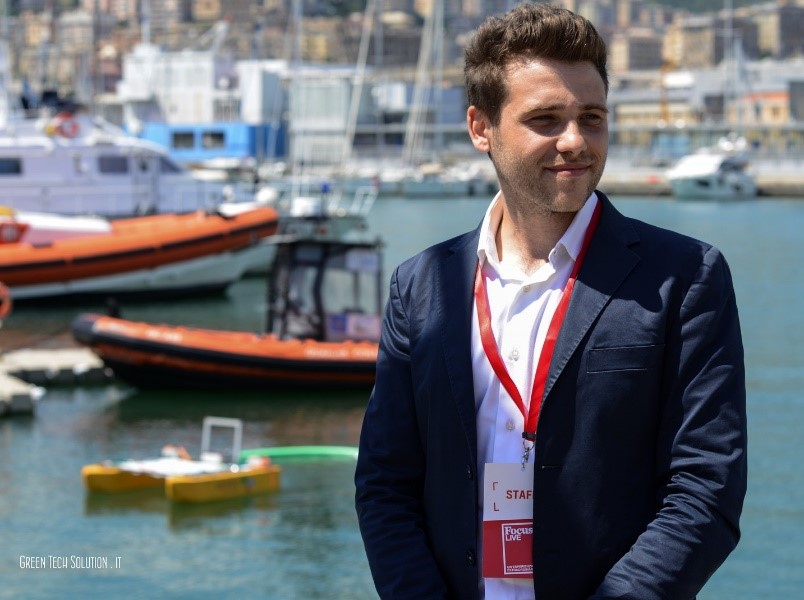
Emanuele Della Volpe
CEO & Founder Green Tech Solution SRL
ABSTRACT
The Green Tech Solution innovative technology concerns a new conception of the use of automatic technologies enslaved to the needs of the human being for the applications of environmental safeguard, industrial maintenance, and safety areas. Given the growing need for efficient processes, automatic technologies, in their broadest sense, find more and more space in all those areas where an operation is carried out in a systematic and repetitive manner. This approach, characteristic of industry 4.0, integrates new sensor and telecommunication technologies in production processes, to improve working conditions, increase productivity and, through greater knowledge of the state of the plants, increase the production quality and therefore processes efficiency. In recent years, in particular, also the self-piloting technologies for civil purposes have had a significant growth in terms of performance and functionality which has made them a possible tools for the automation chain in any type of process, like territorial and industrial monitoring and control. The self-piloting technologies, albeit with high costs, have long demonstrated the potential of automatic missions carried out by the mobile units on which they are installed and have increasingly been linked to the robotics field. The environments in which they can operate are air, land and sea with many possible configurations depending on the specific functionality and with different levels of automation. In various application areas, efficiency through automation increasingly concerns the need for unit movement and displacement of all kinds, from the transport of objects in the warehouse, to the transport of cameras for monitoring, to the movement of equipment for the tillage in the areas of precision agriculture, for using pollution sensors in the field of water monitoring, for the chase of an illegal intruder in the areas of safety, etc.
The innovation trands show that the integration of automatic and autopiloted mobile systems will become more and more frequent and the applications in which these systems will make their contribution will become more and more numerous. In particular, the potential of these systems increases in step with the development of increasingly high-performance and economically sustainable sensor and navigation technologies. In this sense, we have specialized in identifying the new application scenarios that can be achieved with the automation of mobile autopiloted units in different executive conditions both mono-functional in which they have a single specific mission to be carried out in a systematic manner, that those of collaboration on several environments in which the self-guided units communicate with each other, exchanging the necessary information.
Brief summary of the Marine Litter business project:
Integrated system that can perform identification and recovery of floating waste, through the use of automated drones and vessels.
Mission:
Automation of the process of checking and reclaiming water from floating solid waste (Floating Marine Litter).
An engineering solution for the patrolling service for environmental protection officers of marine, lake and river water mirrors. The Litter Hunter automatic system integrated into the territory allows the detection and systematic recovery of floating waste near the coast with competitive costs, through the use of aerial drones and interconnected and automated vessels.
Strategic innovation is in the redefinition of the moment in which to act for the recovery of waste, when they are passing through a coastal area and still have not accumulated on the beaches, nor on the seabed or in the plastic islands of the oceans. The technological innovation is in the redefinition of the technologies with which to act for the monitoring and recovery of waste, or with an automatic system integrated to the territory replacing the other systems of marine or air patrol (Inflatable boats or Helicopters) and in replacement or in support of traditional recovery boats (boats and sweep boats).
The system is able to operate automatically even at night and continuously thanks to the innovative shooting technology used. In all these phases, although the system does not require a further coordination of the activities by the human being, a supervisor operator from the ground station station always has full control of the automatic units, and has a constantly updated situation on the conditions operational evaluated with a sensor system distributed in the area of operations
SHORT BIOGRAPHY
Emanuele Della Volpe, Aerospace Engineer of the University of Naples Federico II has successfully completed a second-level master's degree as an aerospace designer at the Campano Aerospace District (DAC) in which he investigated also the issues of technological innovation and automation by personal interest. At the same time he was interested in the study of environmental protection issues in the marine environment. From 2015 he began an independent R&D course aimed at demonstrating the feasibility of an automatic system for safeguarding the sea from floating solid waste, named Ltter Hunter, creating scale prototypes and management software of automatic missions.
Subsequently he was research fellow at the Science and Technology Department of the University of Naples Parthenope about “Applications of Morphing wing technologies on light RPAS”. From 2016 the research path become widerange on process automation technologies with a view to Industry 4.0 and unmanned navigation systems in the air (UAV), terrestrial and marine (USV) environments. Thist made he able to interact for collaboration whit several scientific and tecnological centers. In September 2018 he finalized the research path by constituting the innovative startup named Green Tech Solution, exploring new unmanned systems for emerging markets.
The "Green Tech Solution" SRL is a company that offer technologically innovative solutions for environmental and industrial field. The company develops of innovative multi-functional technological solutions through aerial, terrestrial and marine interconnected Unmanned Systems for creating new product and service.
Nowday several collaborations were formalized with Universities such as Federico II and Parthenope of Naples, University of Sannio, University of Siena, CNR, IREA, DAC as well as with different entrepreneurial realities of the italian territory.





